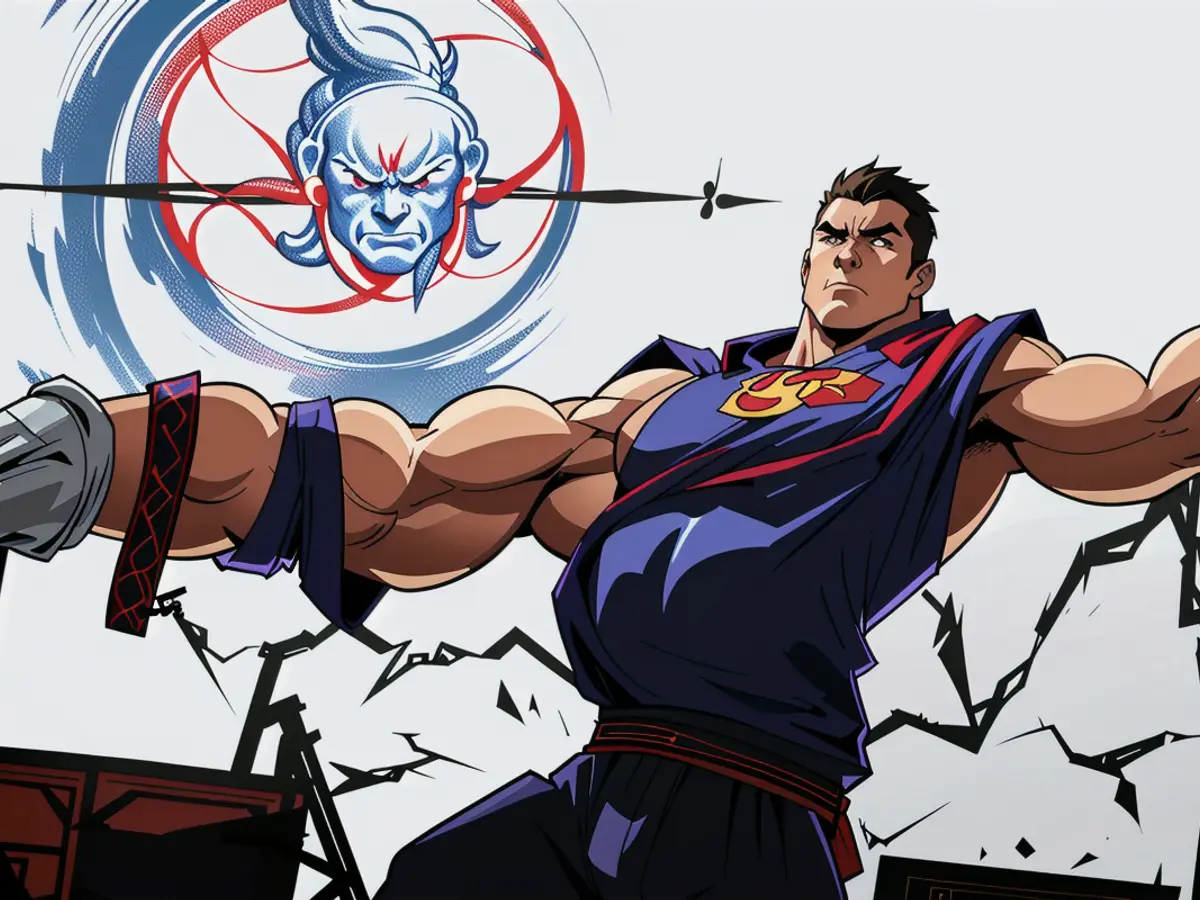Will Trump Intervene to Preserve TikTok?
Donald Trump, soon-to-be President, has asked the Supreme Court to delay the planned TikTok ban, which is scheduled to commence on January 19, 2025.
This appeal, made by his nominated solicitor general John Sauer in a petition submitted on Friday, aims to provide Trump's incoming administration with the opportunity to find a "political solution" to the problem.
The petition requests the Court to postpone the divestment deadline while it explores the issue further. Trump's team argues that he possesses the required "negotiation skills" and "political authority" to broker a deal that addresses national security concerns while preserving the platform.
"President Trump opposes banning TikTok in the U.S. at this point, and seeks the freedom to resolve the issues through political means once he assumes office," the filing stated.
TikTok is on the brink of being banned in the U.S. due to a federal appeals court's verdict upholding a law ordering the app's Chinese parent company, ByteDance, to divest or cease operations by the stipulated deadline. This decision could have severe consequences for the platform's 170 million U.S. users, particularly content creators who have built careers and income sources on TikTok.
The potential ban stems from national security concerns voiced by U.S. officials, who claim that ByteDance might be forced to share user data with the Chinese government or manipulate content to influence American users. TikTok has denied these allegations, claiming that it operates independently and does not share information with Chinese authorities. However, the court refused to acknowledge that the ban infringes on users' First Amendment rights.
The filing states that Trump has a "special interest" in the First Amendment issues at hand. Sauer wrote in the legal brief, "Through his electoral victory on November 5, 2024, President Trump was granted a strong mandate from American voters to protect the free speech rights of all Americans—including the 170 million Americans who use TikTok."
Unforeseen Consequences of the Potential Ban
The proposed TikTok ban in the U.S. could trigger a substantial economic ripple effect, affecting millions of Americans and various sectors of the economy. From individual content creators to small businesses, the ban poses a threat to a flourishing digital ecosystem that has become a significant contributor to the nation's GDP, employment, and tax revenue.
TikTok's economic influence in the U.S. is significant. In 2023, the platform contributed $24.2 billion to the country's GDP. Of this amount, $15 billion was generated by small and medium-sized businesses through organic reach and advertising on the platform, according to a report by Oxford Economics. The potential loss of this economic activity could be particularly detrimental to the SMB sector, which has found in TikTok a powerful tool for audience engagement and revenue growth.
The report also indicates that TikTok's impact on employment is equally substantial. The platform supports approximately 224,000 jobs across the U.S., positions ranging from content creators to marketing professionals and support staff, which could be at risk if the ban is enforced. Additionally, the U.S. government may lose a significant revenue source, as TikTok generated $5.3 billion in taxes in 2023.
For content creators, the ban could be catastrophic. Many rely on TikTok as their primary income source. The ban would not only eliminate this revenue stream but also force full-time creators to swiftly build followings on other platforms—a challenging and time-consuming process.
The repercussions of a TikTok ban could extend beyond individual creators and SMBs. The creator economy, valued at approximately $250 billion, could face significant disruption, impacting various industries that benefit from content creation.
U.S. small businesses stand to lose approximately $1.3 billion in revenue within the first month of the ban's implementation, TikTok stated in a December court filing.
"Those numbers would only increase if the shutdown extends for more than a month," TikTok's president of global business solutions, Blake Chandlee, wrote in the court document.
The potential ban of TikTok could pose a significant challenge for content creators who have built their careers and income sources on the platform. With their primary income stream at risk, they might face the daunting task of rebuilding their followings on other platforms.
Employing strategic leadership and negotiation skills, Trump's team argues that the incoming administration has the potential to broker a deal that addresses national security concerns while preserving TikTok, providing a chance for careers in the creator economy to persist.






